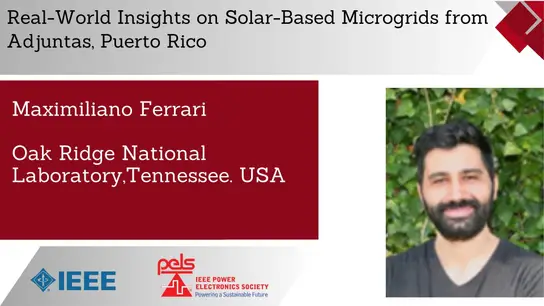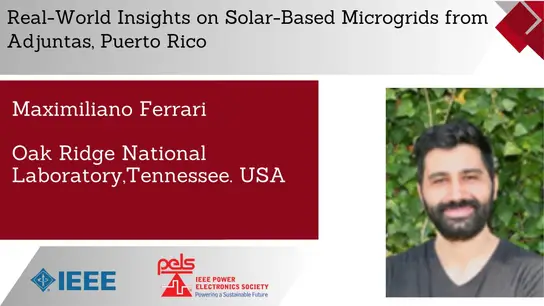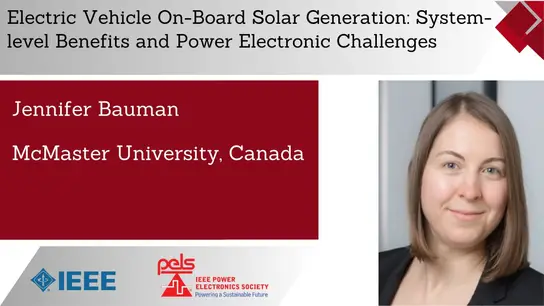-
Members: FreePELS
IEEE Members: $11.00
Non-members: $15.00Length: 01:04:07
08 Feb 2018
The rapid growth of portable and mobile electronics continuously tightens the specifications and adds restrictions on the power delivery. This is done to assure compact, light, energy efficient, and economical power sources. The power processors of modern electronics are required to be invisible and still answer all requirements of a high performance IC. In the worldwide trend of integration, digital design is predominant featuring several advantages such as design convenience, flexibility, scalability, and most of all, performance improvement. This is achieved by advanced hybrid and nonlinear control methods, such as boundary, sliding mode and other variations of large signal controllers that improve the dynamic performance and, as a result drastically reduce the overall volume of the SMPS. To facilitate lean digital hardware realization on one hand, and eliminate the dependence of the controller performance on the system variations on the other hand, state based or decision making based controllers have evolved along with systematic representation of the control laws on the state space. The main limitation for the majority of these controllers is that their stability cannot be directly guaranteed using the known techniques available in the literature, since an analytical formulation of the control law is not immediate.
Implications of the control method on the resultant response may vary from one converter configuration to another. For example, with direct energy transfer converters, e.g., buck or forward, the time optimal control produces the fastest possible dynamic response to load transients with the minimum possible output voltage deviation. However, when applying time optimal control on indirect energy transfer converters, e.g., boost or flyback, the fast dynamic response trades with the output voltage deviation and peak inductor current, increasing the sizing requirements from both the output capacitor and the inductor. On the other hand, minimum output voltage deviation for boost type converters results in prolong transient time, infinite in the ideal case.
This Webinar is devoted to raise awareness to the positive implications of intelligent hybrid controllers on power processing and conversion. It starts with a review from a physical perspective of state space representation for switching converters and puts in context the properties of the state trajectories and description of controllers. Then, a practical 5 step tool to examine large-signal stability and performance evaluation of switch mode converters is introduced. Finally, several controller variations are surveyed, compared and quantified.
Practicality as well as feasibility of realization of the controllers is a key issue of this Webinar. Therefore, every step is demonstrated on both simulation and experimental platforms, along with detailed hardware information.
Primary Committee:
PELS


